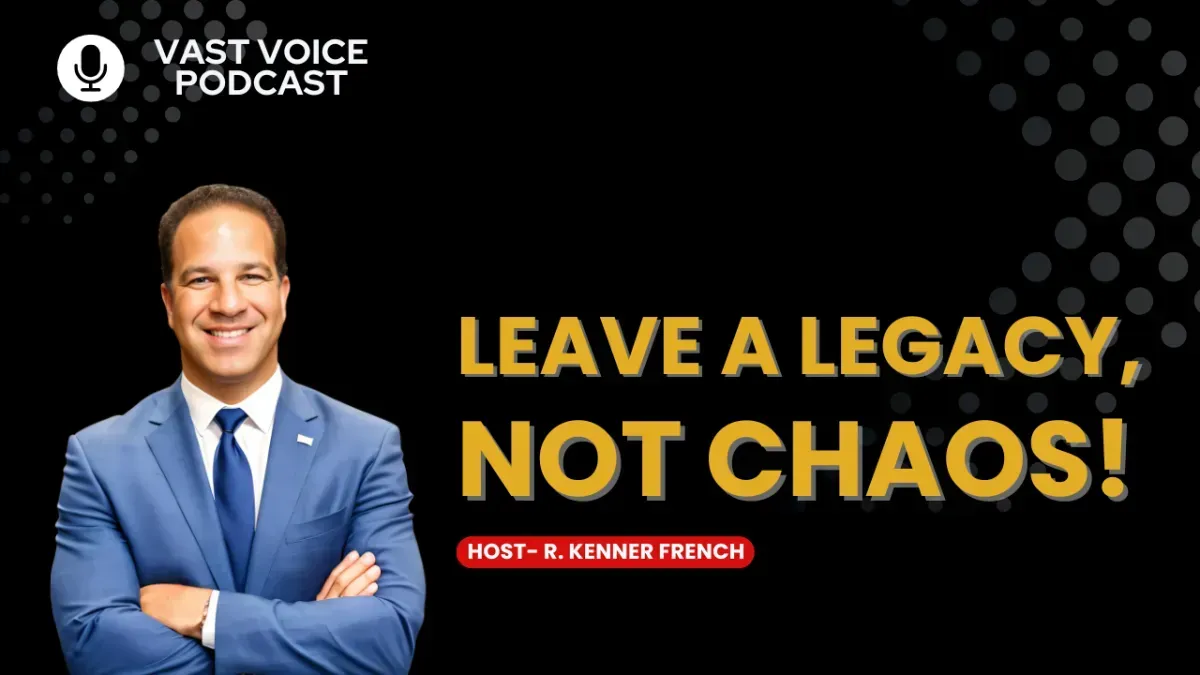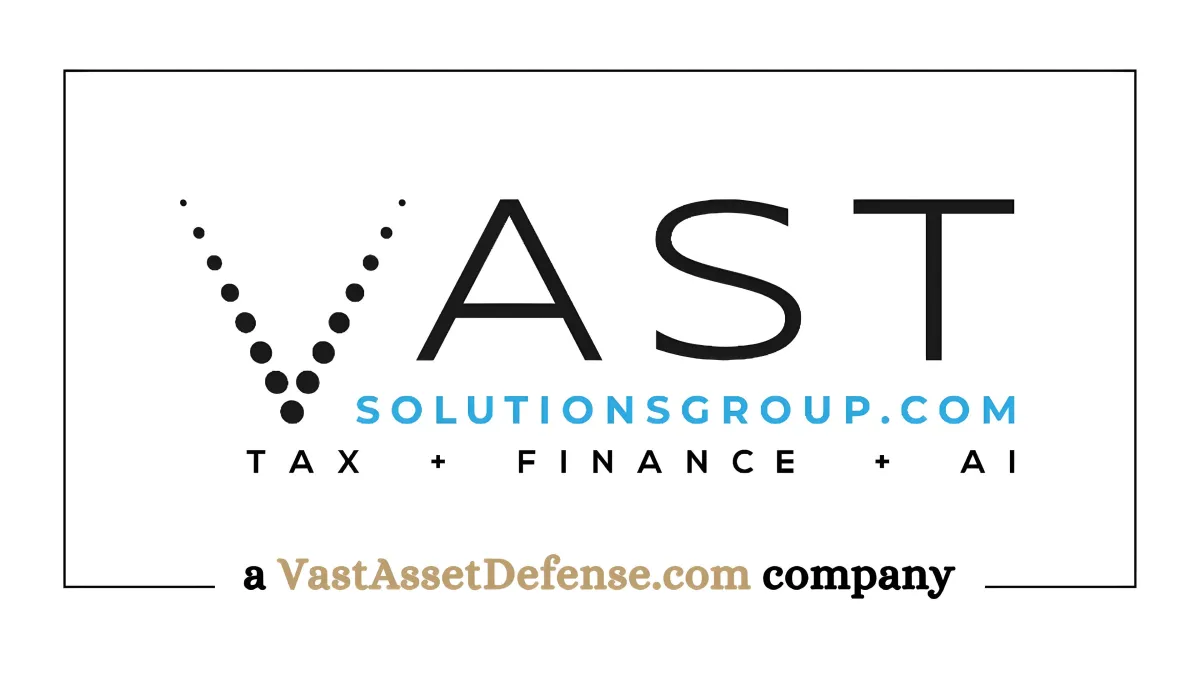
Leave a Legacy, Not Chaos!
When we think about legacy, most people imagine leaving behind financial security and peace of mind for their loved ones. Yet without proper planning, even the strongest intentions can turn into tax burdens, family disputes, and financial confusion.
The truth is: legacy planning is about more than just writing a will. It touches every area of wealth—from money and taxes to business succession, estate planning, and even retirement accounts. Done correctly, it ensures your life’s work continues to benefit the people and causes you care about most.
⚠️ The Cost of Not Planning
Without a structured plan, families often face:
Money drains 💸 – Probate fees and legal costs reduce the wealth you worked hard to build.
Unnecessary taxes 📑 – Large portions of estates can be eaten up by federal and state estate taxes.
Business chaos 🏢 – Entrepreneurs who don’t plan for succession risk seeing their companies dissolve or be sold at a loss.
Qualified plan confusion 🧾 – IRAs, 401(k)s, and pensions may default to outdated or unintended beneficiaries.
Family disputes 💔 – Assets can create conflict instead of harmony.
🌟 How Legacy Planning Protects Your Wealth
Legacy planning is holistic. It’s not just about transferring assets, but also about preserving value, minimizing taxes, and ensuring order.
1. Money 💵
A structured plan ensures that more of your wealth stays in the family instead of being lost to fees, poor planning, or rushed decisions.
2. Tax 📑
Smart strategies—like charitable trusts, gifting, and estate tax exemptions—can save heirs hundreds of thousands of dollars. A plan ensures the IRS doesn’t become your largest heir.
3. Entrepreneurship 🏢
For business owners, succession planning is critical. Who will lead after you? Will the company stay in the family, be sold, or pass to a trusted partner? Planning ensures your entrepreneurial legacy lives on.
4. Estate Planning 🏡
Wills, trusts, and directives provide clarity and control, making sure assets are distributed as you wish and your healthcare wishes are honored.
5. Qualified Plans 📊
Retirement accounts like IRAs and 401(k)s must be coordinated with your estate plan. Outdated beneficiaries or incorrect distributions can create massive tax bills and delays for heirs.
📚 A Tale of Two Legacies
Case One: Robert, a successful entrepreneur, left no plan. His estate went through probate, his children fought over assets, and his business collapsed without leadership. A lifetime of work dissolved into costly legal battles.
Case Two: Angela created a trust, updated her retirement account beneficiaries, and set up a clear business succession plan. Taxes were minimized, her heirs received assets smoothly, and her company transitioned to the next generation. Her legacy was one of stability, wealth, and love.
🚀 Getting Started
Consult professionals – Financial advisors, tax experts, and estate planning attorneys bring expertise you can’t afford to overlook.
Review retirement accounts – Ensure IRA, 401(k), and pension beneficiaries are up to date.
Develop a tax strategy – Integrate charitable giving, gifting, and exemption planning.
Plan for your business – Entrepreneurs need succession plans to secure their company’s future.
Update regularly – Life changes, and so should your plan.
💡 Final Thoughts: Order Over Chaos
At the end of the day, you have two choices:
Leave a legacy of clarity, stability, and wealth 🌿
Or leave behind confusion, taxes, and disputes ⚠️
With proper planning, your money, your business, your retirement savings, and your family’s future can all work together in harmony. The choice is yours: Leave a legacy, not chaos. 🕊️
Book Your Free Call for Expert Business Advice!

